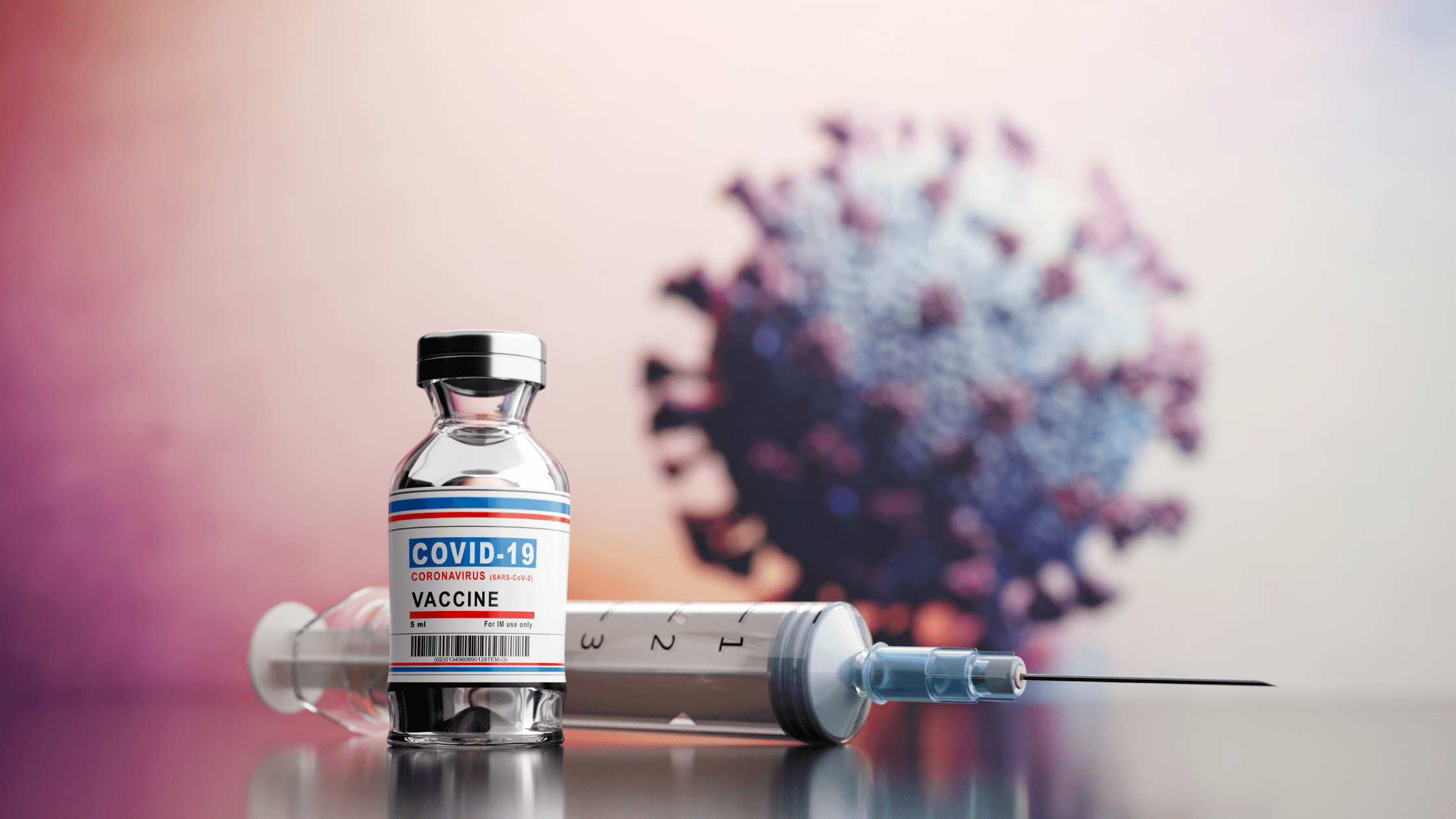Unveiling the Spectrum of Vaccine Symptoms
Vaccines play a crucial role in protecting us from infectious diseases by stimulating the immune system to develop antibodies. While generally safe and effective, vaccines can sometimes cause temporary side effects. Here, we delve deeper, exploring the range of potential vaccine symptoms and helping you understand what to expect after vaccination.

It's Important to Remember:
Most people experience no significant side effects after vaccination. However, some individuals might experience mild, temporary reactions at the injection site or develop more general symptoms. These side effects are typically a sign that the body's immune system is responding to the vaccine and building immunity.
The Spectrum of Vaccine Symptoms:
The following is a breakdown of potential vaccine symptoms, categorized by their location:
- Injection Site Reactions:
- Pain, redness, or swelling at the injection site are the most common side effects.
- These reactions are usually mild and resolve within a day or two.
- Applying a cool compress to the injection site can help alleviate discomfort.
- General Symptoms:
- Some people might experience mild flu-like symptoms after vaccination, such as:
- Fever (low-grade)
- Fatigue
- Headache
- Muscle aches
- Chills
- These symptoms typically appear within a day or two of vaccination and resolve on their own within a few days.
- Some people might experience mild flu-like symptoms after vaccination, such as:
- Rare Allergic Reactions:
- Severe allergic reactions to vaccines are extremely rare.
- Symptoms might include:
- Difficulty breathing
- Wheezing
- Swelling of the face, lips, or throat
- Rapid heart rate
- Skin rash (hives)

Variations Based on Vaccine Type:
The specific side effects you experience might vary depending on the type of vaccine you receive. For example, some vaccines might be more likely to cause injection site reactions, while others might be more likely to cause mild fever or fatigue. It's always a good idea to discuss potential side effects with your healthcare professional before getting vaccinated.
Who Might Experience More Symptoms?
While most people experience mild or no side effects, some individuals might be more likely to experience them:
- Younger Children: Infants and young children often have a more robust immune response to vaccines, which can lead to slightly more noticeable side effects.
- Individuals with Weakened Immune Systems: People with weakened immune systems due to illness or medication might experience a less effective immune response to the vaccine, potentially leading to fewer side effects.
Remember:
The benefits of vaccination far outweigh the risks of potential side effects. Vaccines are essential for protecting yourself, your loved ones, and the community from infectious diseases.
What to Do if You Experience Side Effects:
- Mild Side Effects: Most side effects can be managed with over-the-counter pain relievers like acetaminophen or ibuprofen, unless otherwise directed by your healthcare professional. Applying a cool compress to the injection site can also help with discomfort.
- Severe Allergic Reactions: Seek immediate medical attention if you experience any symptoms suggestive of a severe allergic reaction, such as difficulty breathing, wheezing, or swelling of the face, lips, or throat.
- Concerns or Questions: If you have any concerns or questions about potential side effects of a specific vaccine, discuss them with your healthcare professional before vaccination.
By understanding the spectrum of vaccine symptoms and knowing what to expect, you can make informed decisions about vaccination and feel prepared for any potential side effects.